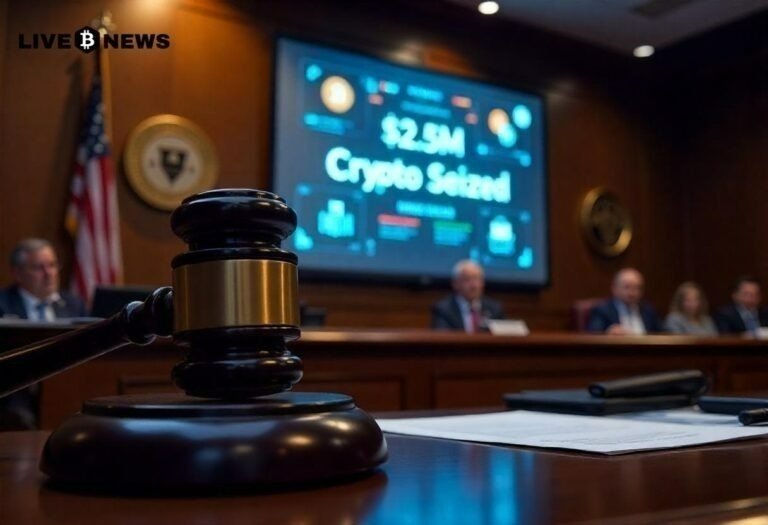How to Recover Stolen or Scammed Funds: A Comprehensive Guide to Getting Your Money Back
Understanding the Landscape of Financial Scams
Step 1: Assess the Situation and Stay Calm
- Document Everything:
- Screenshots of communications (emails, texts, or social media messages).
- Transaction records, such as bank statements, wire transfer receipts, or cryptocurrency wallet addresses.
- Any contact details, like phone numbers or email addresses used by the scammer.
- A timeline of events to clarify what happened and when.
- Identify the Payment Method:
The way you sent money to the scammer—bank transfer, cryptocurrency, gift cards, or peer-to-peer apps like Zelle, impacts your recovery options.
For example, bank transfers may be reversible if caught early, while cryptocurrency transactions are harder to trace but not impossible
- Secure Your Accounts:
If the scam involved compromised accounts (e.g., hacked email or crypto wallet), change passwords immediately, enable two-factor authentication, and move any remaining funds to a secure location, like a hardware wallet for crypto
By organizing your evidence and securing your accounts, you’re laying a strong foundation for recovery. Don’t know where to start? https://ivbizrecovery.com/
Step 2: Report the Scam Immediately
- Your Bank or Financial Institution: If you used a bank account, credit card, or debit card, notify your bank immediately. Many banks have fraud investigation teams that can reverse transactions if caught early. For example, Zelle transactions may be recoverable within 120 days if reported promptly. Be sure to provide all documentation and request that the bank freeze any suspicious transactions.
- Law Enforcement: File a report with your local police department and obtain a crime reference number. In the U.S., report to the FBI’s Internet Crime Complaint Center (IC3) at ic3.gov. For international cases, contact agencies like Interpol or your country’s cybercrime unit.
- Cryptocurrency Exchanges or Wallets: If the scam involved crypto, notify the exchange or wallet provider (e.g., Coinbase, Binance). While they may not reverse transactions, they can flag the scammer’s account and assist law enforcement.
- Regulatory Bodies: In the U.S., report to the Federal Trade Commission (FTC) at consumer.ftc.gov or the Commodity Futures Trading Commission (CFTC) for commodity-related scams. In the UK, contact the Financial Conduct Authority (FCA).
- Specialized Tools: Platforms like Cybera’s Case Reporting and Asset Recovery Tool can help you report financial fraud globally, notifying the right institutions to freeze funds in transit. Reporting isn’t just about recovery—it also helps shut down scams and protect others. Unsure how to file a report effectively? https://ivbizrecovery.com/
Step 3: Leverage Blockchain Analysis for Cryptocurrency Scams
- Engage Blockchain Analysis Firms: Companies like Chainalysis and Elliptic use advanced algorithms to track stolen funds across the blockchain. They can identify wallet addresses, trace fund movements, and sometimes uncover the scammer’s identity. For example, Santa Clara County’s Crypto Coalition has seized over $2.5 million for victims by tracking crypto flows.
- Work with Law Enforcement: Blockchain analysis is most effective when paired with law enforcement action. If funds are traced to an exchange, authorities can issue a freezing order to halt withdrawals. However, this requires quick reporting, as scammers often move funds rapidly to obscure their trail.
- Avoid Recovery Scams:
Be wary of “crypto recovery services” that demand upfront fees or promise guaranteed results. Legitimate firms never guarantee recovery and typically charge only if funds are retrieved. Always vet recovery services through reputable sources like the Better Business Bureau or your local bar association.
Blockchain analysis can be a game-changer, but it’s complex. Our team partners with top blockchain analysts to maximize your recovery chance, check https://ivbizrecovery.com/
Step 4: Pursue Legal Action
- Civil Lawsuits: File a lawsuit for fraud, breach of contract, or damages. In the Philippines, for example, victims can sue for quasi-delict to recover stolen funds. Consult a licensed attorney to assess your case’s viability.
- Class Actions: If multiple victims were scammed by the same individual or group, a class-action lawsuit can pool resources and strengthen your case. Check with law enforcement or legal counsel to see if others have reported the same scammer.
- No-Win, No-Fee Firms: Some law firms, like TLW Solicitors in the UK, specialize in crypto scam recovery on a no-win, no-fee basis, meaning you pay only if they recover your funds.
Step 5: Beware of Recovery Scams
- Red Flags:
- Requests for upfront fees, retainers, or “taxes” before recovery.
- Claims of guaranteed recovery or insider connections with law enforcement.
- Unsolicited contact via email, social media, or phone, often using web-based email addresses (e.g., Gmail, Yahoo).
- Requests for sensitive information like Social Security numbers or bank details.
- How to Protect Yourself:
- Never pay upfront for recovery services.
- Verify the legitimacy of any firm through official channels, like the FTC or your local bar association.
- Ignore unsolicited offers, especially those pressuring you to act quickly.
If an offer sounds too good to be true, it probably is. Protect yourself by working with
trusted professionals. Our team thoroughly vets recovery partners to ensure your safety—
https://ivbizrecovery.com/
Step 6: Take Preventive Measures for the Future
- Educate Yourself: Learn to recognize common scams, like phishing, fake airdrops, or impersonation schemes. Resources like the AARP Fraud Watch Network (877-908-3360) or the FTC’s consumer advice site offer valuable insights.
- Secure Your Finances:
- Use hardware wallets for cryptocurrency to reduce hacking risks
- Enable two-factor authentication on all financial accounts.
- Avoid sharing personal or financial information online, especially via unsecured channels like encrypted messaging apps.
- Verify Investments: Research any investment opportunity thoroughly. Check if the firm is registered with regulators like the FCA (UK) or SEC (U.S.). Be skeptical of “guaranteed” high returns with low risk.
- Monitor Your Accounts: Regularly check bank and crypto accounts for suspicious activity. Set up alerts for unusual transactions.
Real-Life Success Stories
Why Choose Professional Recovery Services?
- Providing Expertise: We partner with blockchain analysts, legal experts, and cybercrime specialists to maximize your recovery chances.
- Saving Time: We handle the heavy lifting—filing reports, coordinating with authorities, and tracing funds—so you can focus on moving forward.
- Avoiding Scams: Our vetted professionals ensure you don’t fall victim to recovery fraud. Don’t go it alone. Schedule a free consultation https://ivbizrecovery.com/ to see how we can help you recover your funds safely and efficiently.










